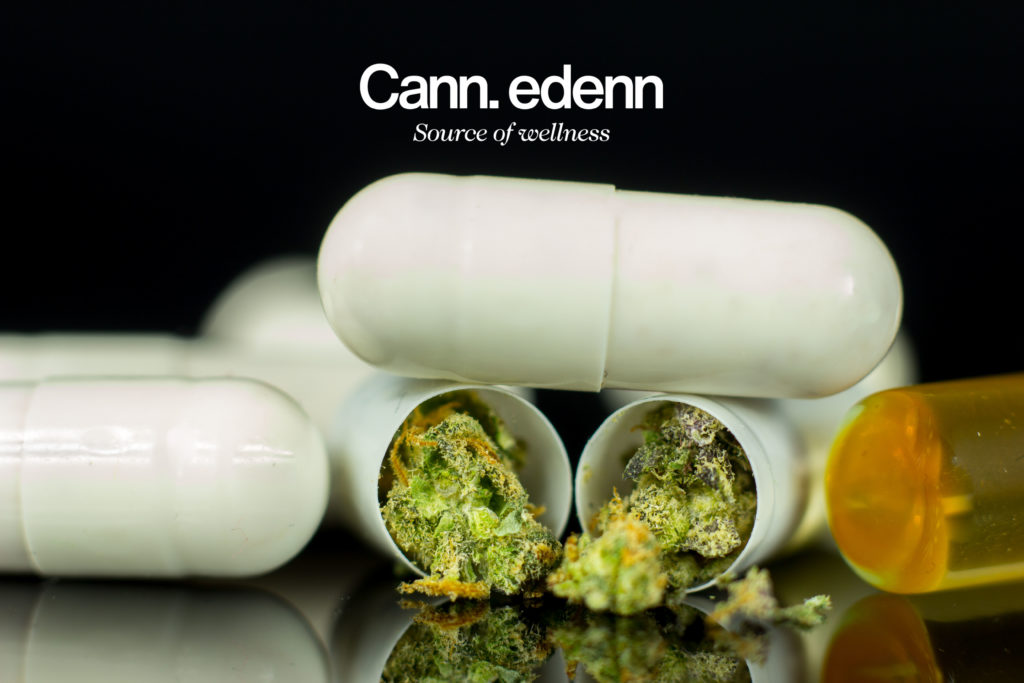by Mathias Cohen Scali on 26/04/2020
The first thing that comes into our mind when we hear the word cannabis is always the same: smoking joints and getting high. Yet, modern cannabis has become more complex than this basic image: we’re no longer just talking about a plant. We’ve broken down that plant into extracts, compounds, and building blocks with tremendous therapeutic potentials.
Cannabis belongs to the class of psychotropic drugs. It contains more than 500 chemical ingredients, including 120 cannabinoids. Two of them are of particular interest: tetrahydrocannabinol (THC) and cannabidiol (CBD). Unlike the better-known marijuana molecule THC, CBD isn’t psychoactive, i.e., it doesn’t get you high. CBD doesn’t impair you; instead, it’s the opposite effect, which sounds like magic until we dig into the science.

We all have a built-in system in our bodies that keeps our internal functions in balance despite imbalances in our external environment. It’s is called the endocannabinoid system, and it regulates things like stress, mood, and appetite. CBD happens to be one of the chemicals that supports the function of this system, helping that conductor to maintain rhythm through the body and the brain.
Disorder of anxiety and social fear
The Neuroscience journal published a study exploring brain imaging studies that have proven that CBD can help modulate activity in key brain regions involved in our stress response like the amygdala. In other words, cannabinoids, including CBD, may have an anxiolytic role in central mechanisms of fear behaviors and provide a rationale for exploring novel therapeutic strategies that target the cannabinoid system for anxiety and social fear disorders.
Social phobia like public speaking
The well-known Pr. Kapczinski from the National Institute of Transnational Medicine in Brazil was involved in a study about this specific topic, and the conclusions are the following:
This study evaluated two groups of adults that took CBD and placebo before public speaking:
“Pretreatment with CBD significantly reduced anxiety, cognitive impairment, and discomfort in their speech performance, and significantly decreased alert in their anticipatory speech.”
CBD reduced anxiety by increasing prefrontal cortex activation and lowering activity in the amygdala – two areas of the brain involved in fear.
Conclusion
In the current context of fast-paced and high-pressure jobs or environments, the stress implied can become pretty overwhelming. CBD can be a different solution than traditional ones: it tones down your stress levels but still allows you to feel clear-headed and focused. It can help put you back in control of your daily routine by being confident, composed, and relaxed.
Sources:



